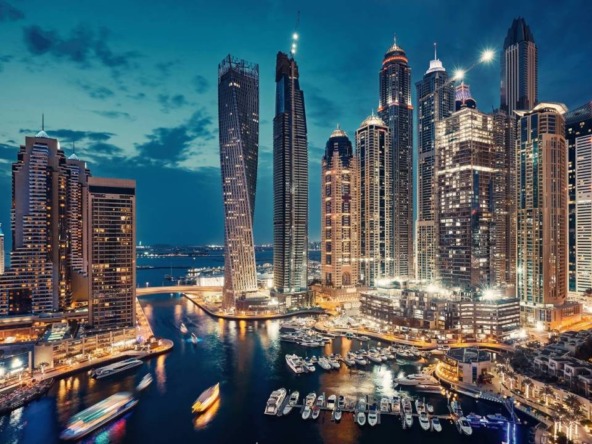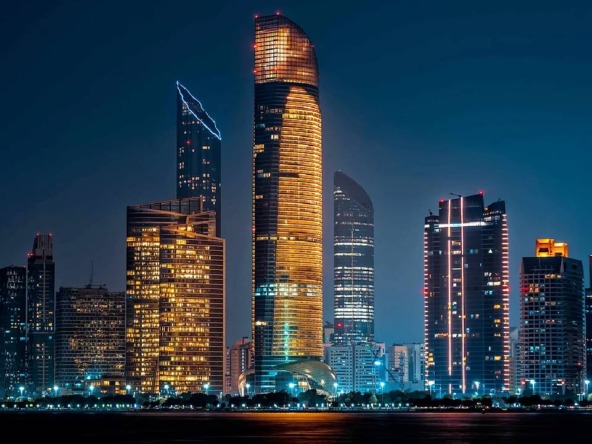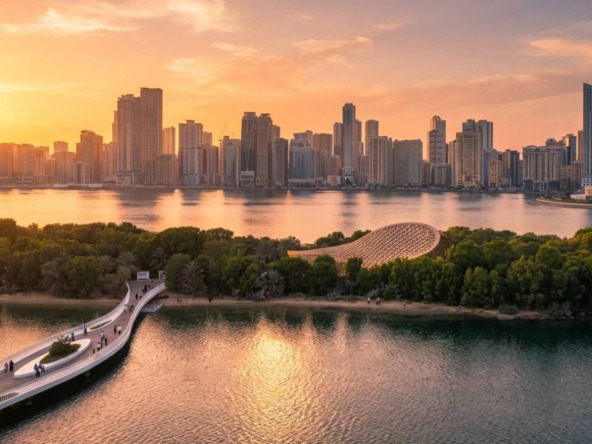🚧 Introduction
Let’s face it—driving in Dubai can sometimes feel like you’re in a never-ending car commercial, except you’re stuck in traffic and there’s no music playing. That’s about to change.
In a groundbreaking move, the Roads and Transport Authority (RTA) and Dubai Holding have teamed up with a Dh6 billion agreement to tackle one of Dubai’s most frustrating issues: traffic congestion. Their plan? Build smarter, faster, and safer roads across Dubai’s fastest-growing communities, starting with Jumeirah Village Circle (JVC), Business Bay, Palm Jumeirah, International City, and Dubai Production City (IMPZ).
🎯 Key Objectives of the Road Infrastructure Upgrade
Tackling Congestion in High-Growth Communities
Dubai isn’t slowing down anytime soon. As residential and business hubs grow, so does the number of cars on the road. These upgrades target exactly those spots where the traffic bottlenecks are the worst.
Future-Proofing Dubai’s Road Network
This isn’t just a quick fix. The goal is to lay down infrastructure that can support future growth and even integrate with Dubai’s broader smart city ambitions.
📍 Major Areas Targeted in the Upgrade
🚦 Jumeirah Village Circle (JVC)
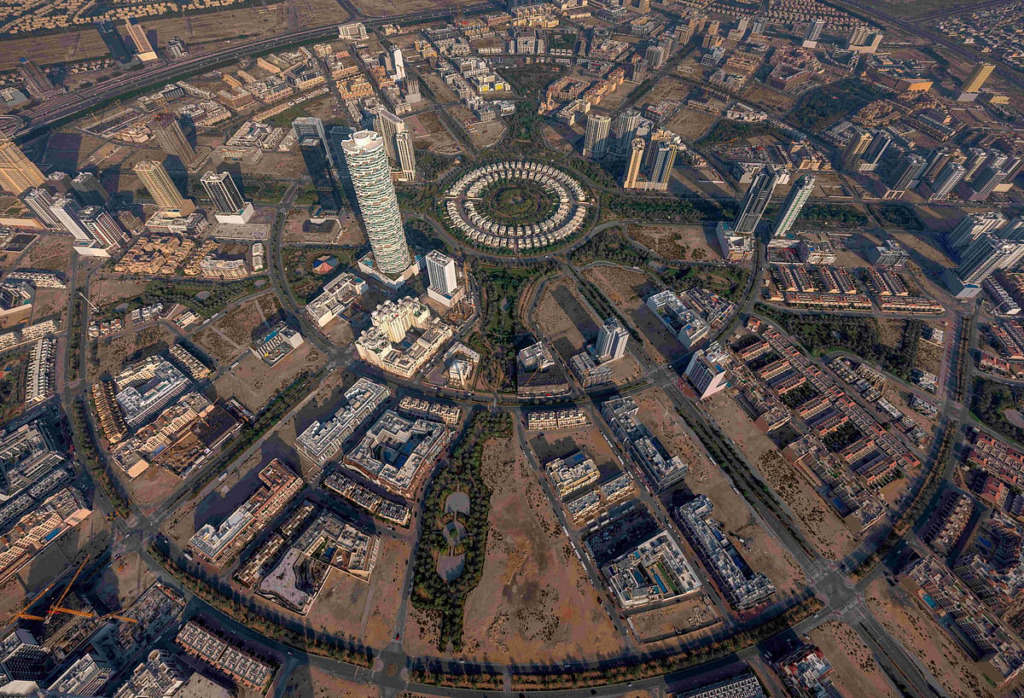
4 New Grade-Separated Interchanges
Say goodbye to long lines and frustrating wait times. JVC is getting four brand-new, grade-separated interchanges that will help cars flow in and out without stopping at traffic signals.
70% Reduction in Travel Time
Yes, 70%. That’s like cutting a 30-minute drive down to just 9 minutes. Think of what you could do with all that saved time—more sleep, less stress, and a better quality of life.
Safer, More Efficient Traffic Movement
With improved road layouts and expanded capacity, it’s not just faster—it’s safer too. Fewer bottlenecks mean fewer chances of collisions.
🏗️ Dubai Production City (IMPZ)
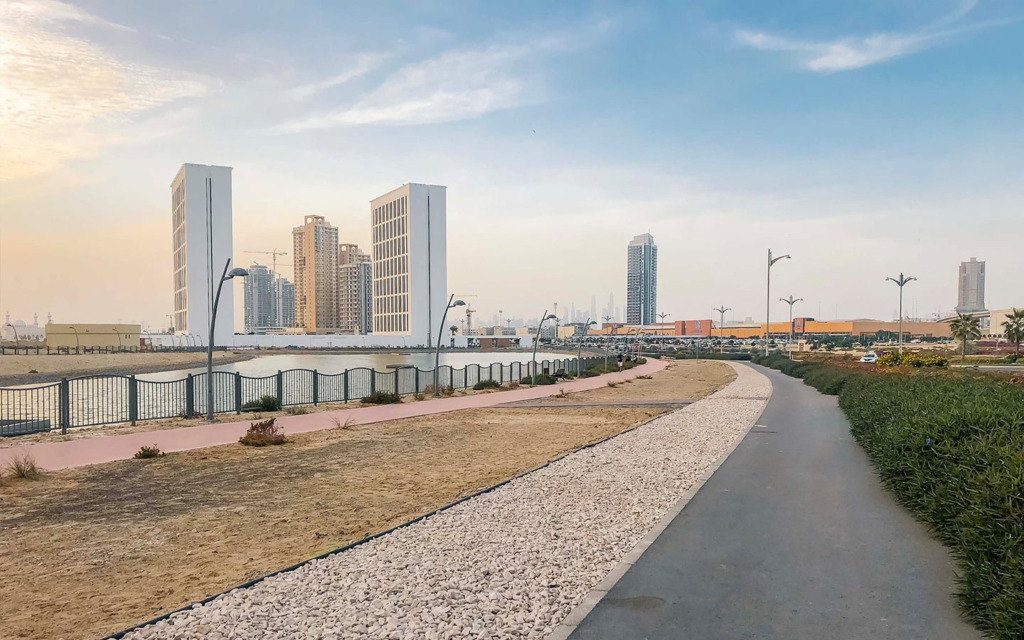
New Bridges from Sheikh Mohammed bin Zayed Road
Direct access via new bridges will drastically ease the congestion faced by commuters and businesses in this growing area.
50% Decrease in Traffic Congestion
Imagine cutting your evening rush hour crawl in half. That’s what these upgrades are aiming for—more movement, less waiting.
🏙️ Business Bay
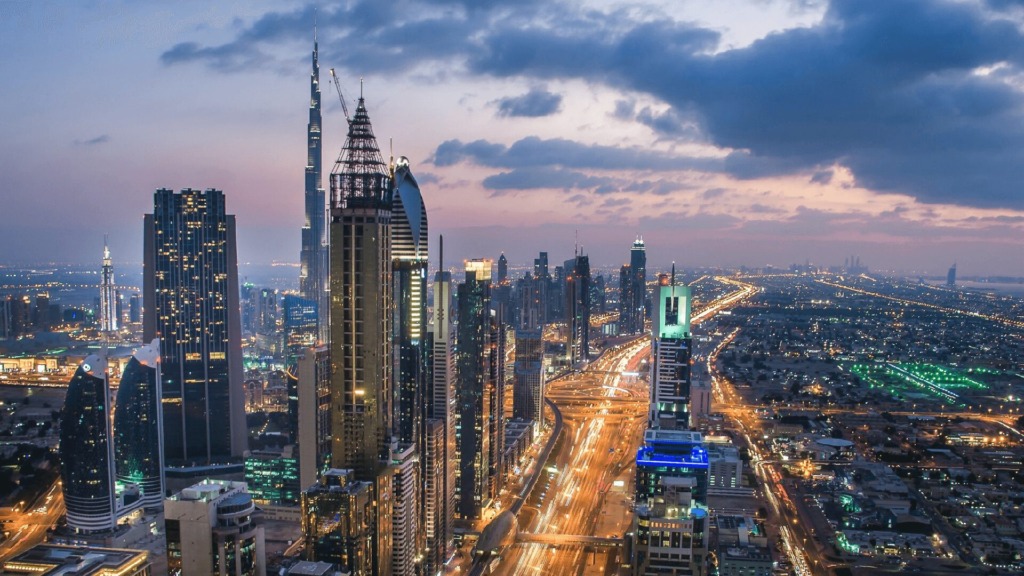
Sheikh Zayed Road Intersection Enhancements
Improvements here will reduce pressure on one of the most used corridors in the city. Think faster exits, cleaner merges, and smoother transitions.
New Pedestrian Bridge on First Al Khail Road
Pedestrian safety finally gets the spotlight. This bridge will replace risky at-grade crossings, making it safer for those who walk the busy Business Bay streets.
30% Quicker Commutes
No more inching forward in a line of honking horns. Internal routes within Business Bay will be much more manageable.
🌴 Palm Jumeirah
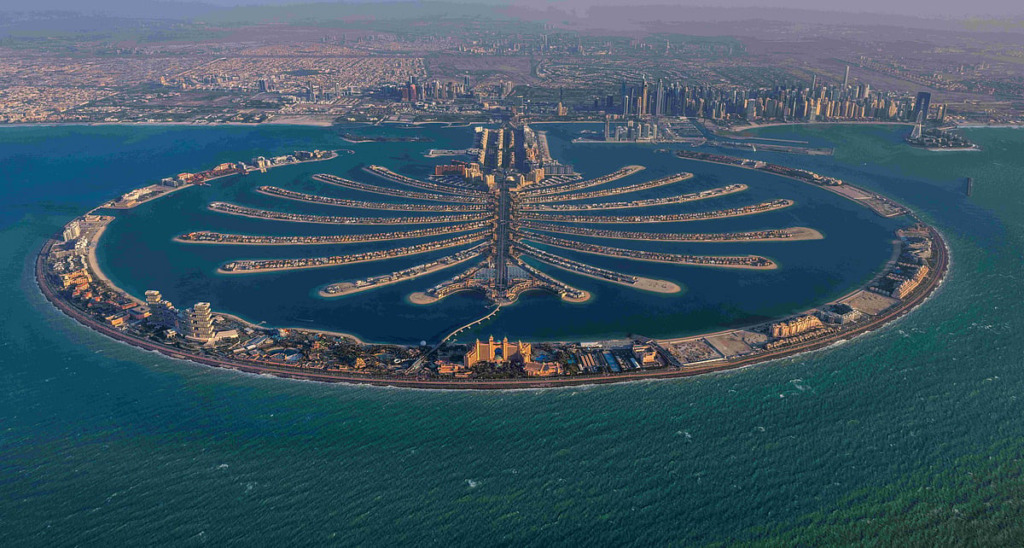
Six New Acceleration/Deceleration Lanes
The Palm is getting a much-needed boost in flow with six new lanes that let you speed up or slow down safely when merging.
Safer Crossings with Two Pedestrian Bridges
These new bridges will replace dangerous street-level crossings, making it safer for tourists and residents alike.
40% Faster Travel Across the Palm
Faster movement equals better experiences—whether you’re headed for dinner or the beach.
🌍 International City (Phase 3)
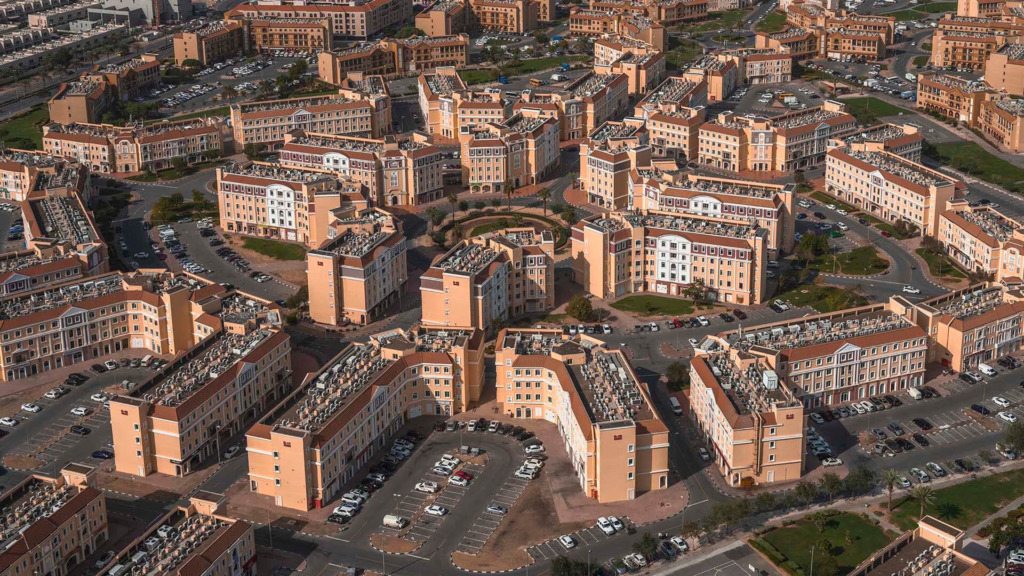
Upgraded Entry via Manama Street
An additional entry lane plus wider internal roads will make this area much more navigable.
Travel Time Down from 15 to 5 Minutes
That’s not a typo. It’s three times faster. This upgrade is a game-changer for daily commuters.
🧠 Engineering & Design Highlights
Use of Smart Traffic Management
AI-powered signals, real-time congestion monitoring, and adaptive traffic systems will help keep the city moving efficiently.
Focus on Safety and Capacity
Every change—from lane widening to signal optimization—is built around the principles of road safety and high throughput.
🌐 The Bigger Picture: RTA’s Vision for Seamless Mobility
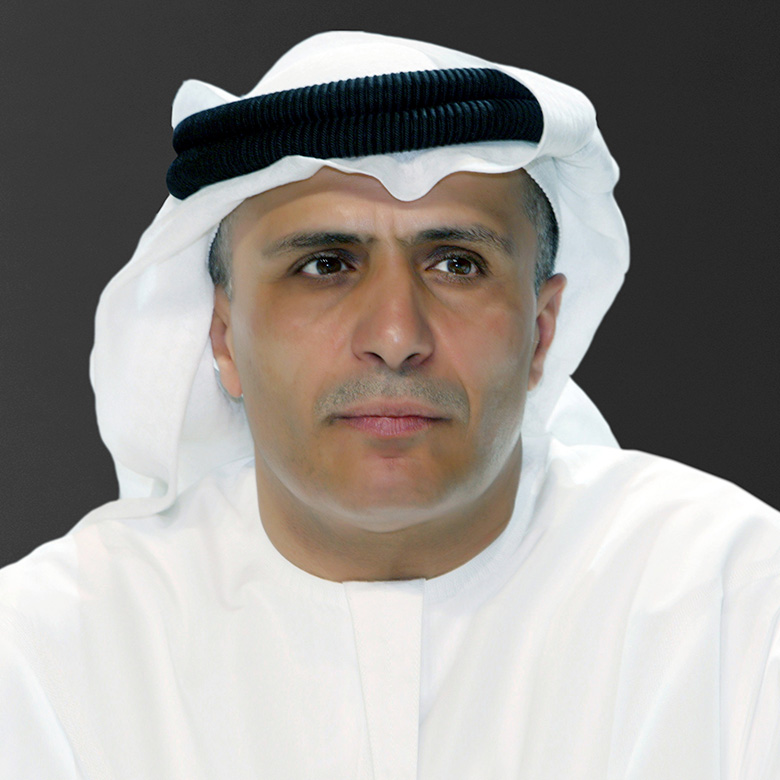
Mattar Al Tayer, RTA’s Director General, put it best: “This agreement ensures smoother traffic flow, shorter commutes, and safer roads for residents and visitors.”
The collaboration between the RTA and Dubai Holding shows how private-public partnerships can transform a city’s infrastructure and daily life.
📈 Economic & Social Benefits
- Better Living Standards: Less time on the road means more time with family and better mental well-being.
- Boost for Businesses: Faster commutes encourage business activities and employee productivity in these zones.
🌱 Environmental Impact
- Reduced Emissions: Shorter travel time = fewer emissions.
- Greener Infrastructure: Many of the upgrades are built with sustainable materials and eco-friendly construction methods.
📆 Timeline & Implementation
The project will be rolled out in phases to minimize disruption, with key milestones expected over the next few years. Some upgrades will be operational as early as next year, with full completion aligning with Dubai’s long-term mobility vision.
✅ Conclusion
Dubai isn’t just solving today’s traffic issues—it’s building a future where movement is seamless, safe, and smart. With Dh6 billion on the table and five major communities in focus, residents and visitors alike can look forward to shorter commutes, safer roads, and a more connected Dubai.
❓FAQs
1. What is the main goal of the Dh6 billion road upgrade?
To reduce traffic congestion and improve connectivity across key areas like JVC, Business Bay, and Palm Jumeirah.
2. How will JVC residents benefit from the project?
They’ll enjoy four new interchanges that cut travel time by up to 70% and significantly improve road safety.
3. Will these upgrades impact existing road users during construction?
Minimal disruptions are expected due to phased construction and smart planning to maintain traffic flow.
4. How does this project align with Dubai’s smart city goals?
It integrates smart traffic management systems, supports sustainable transport, and prepares Dubai for future population growth.
5. When will the new interchanges and bridges be operational?
Some elements may be completed within a year, with full project rollout expected over several phases in the coming years.


